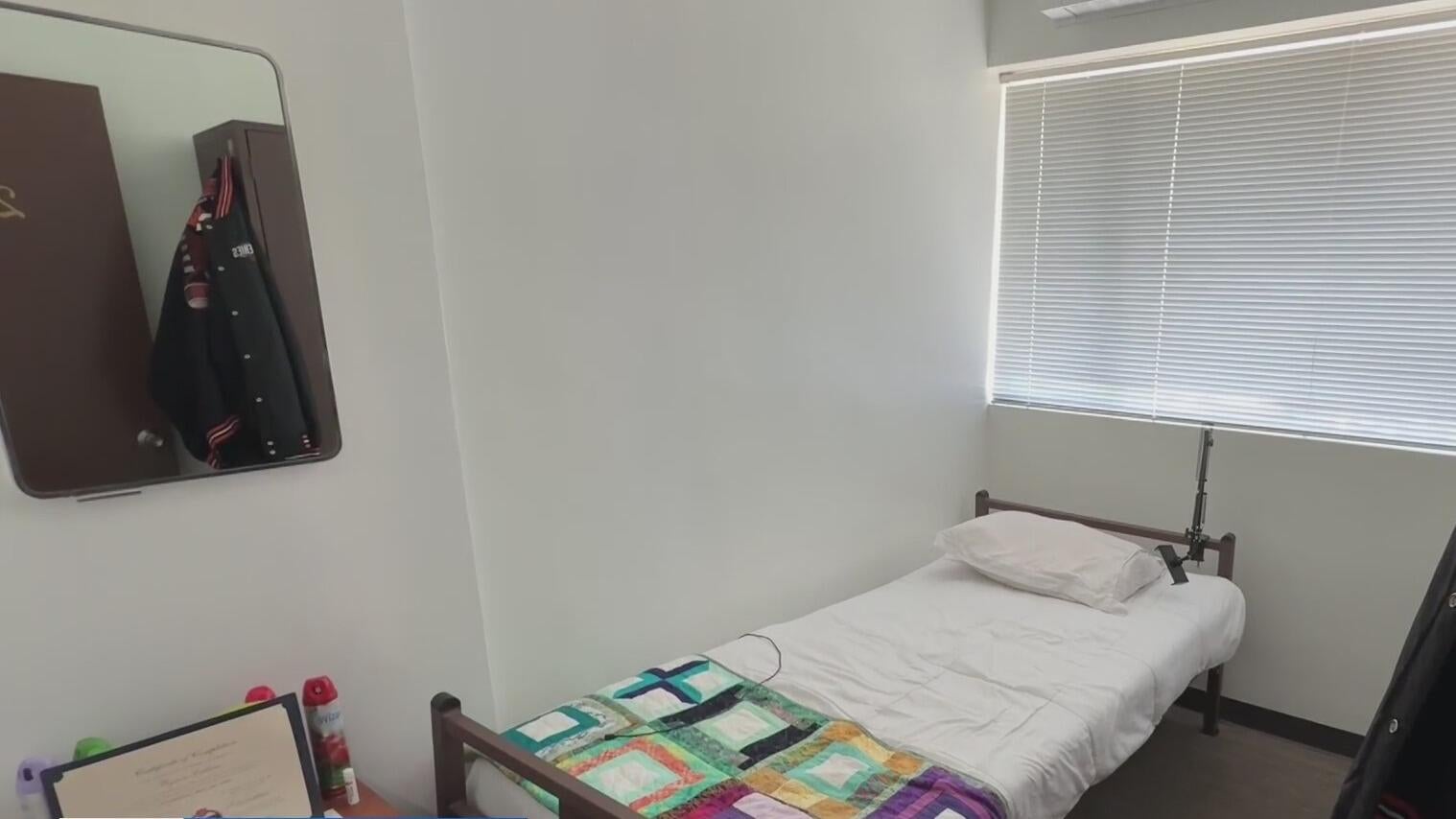San Francisco Marina District close to having new transitional-housing facility
A recovery housing facility proposed in San Francisco's Marina District is closer to moving one step closer to final approval.
It's a part of the mayor's plans to open hundreds of new beds for homeless people struggling with addiction.
Steve Adami spent two decades in and out of prison, struggling to escape a vicious cycle of drug addiction and crime. Looking at a California Corrections picture of himself, he reflected on how far he has come in his journey.
"It's someone I don't recognize anymore. It was definitely somebody who needed a lot of help and support to get his life together, and that's what I got," said Adami.
Tackling San Francisco's drug and homelessness crisis is now Adami's mission as executive director of The Salvation Army's The Way Out program.
"Areas of the city have been overrun by public drug use, open-air drug markets and crime. I don't want that model in my neighborhood either. But that's not the model we're proposing at the Marina Inn," said Adami.
The recovery housing facility, providing 68 beds at Octavia and Lombard Street in the Marina District, will be operated by The Salvation Army in partnership with the city's Department of Public Health.
It's an abstinence-based, two-year transitional housing program for people who have already completed long-term drug treatment
"This model program has not been the type of program San Francisco has used in the past," said Adami.
Everyone is required to work, save money and get drug tested.
"Sadly, many of the residents of this faculty will relapse. Statistics just show that's the case. When they do, they're now in our neighborhood," said San Francisco resident Maurice Fitzgerald, who lives in the Marina District.
While many residents believe drug-free transitional housing can help clean up city streets and even help nearby businesses, others like Fitzgerald say they're concerned about relapses and participants who have criminal backgrounds.
"We have concerns this will increase car break-ins and that desperate drug addicts will do whatever they need to do to find money to get their fix," said Fitzgerald.
Adami and other city officials said sex offenders, arsonists, and people who have committed crimes against children won't be allowed.
Garrett Collard is a resident at a similar recovery housing program. He said he would be back on the streets if it weren't for the Salvation Army's pilot program.
"You're just right back where you started. You go six months and are clean, but if you have nowhere else to go or stay in another program or go to a sober living environment, you're back on the streets," said Collard.
Adami points to participants like Collard and to recovering addicts like himself as reasons to support the city's Break the Cycle initiative, aiming to add hundreds of new treatment and recovery beds across the city.
"The current administration and the Department of Public Health and Department of Homelessness are implementing new abstinence-based strategies because they're proven to be effective," said Adami.
It's programs like this that are giving Adami hope others can follow in his footsteps too.
The city has announced plans to open nearly 300 treatment and interim housing beds at five sites across the city by the end of summer.
It's part of the mayor's Break the Cycle initiative to add 1,500 beds citywide for homeless people and those struggling with mental illness and addiction.




